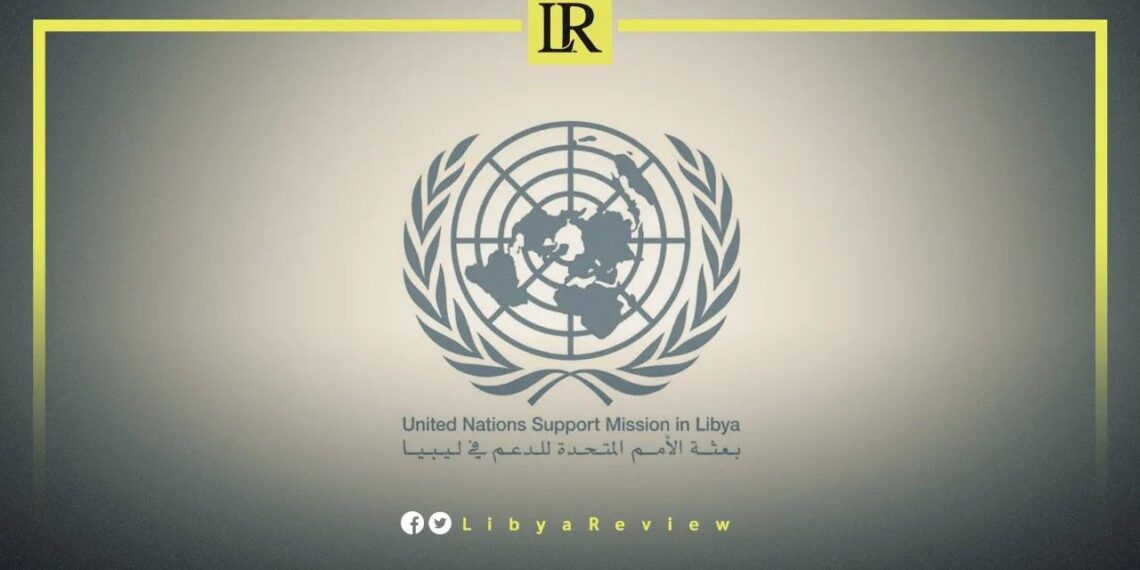The United Nations Mission in Libya (UNSMIL) is once again launching a new advisory committee, raising concerns about whether these repeated initiatives are truly aimed at resolving Libya’s crisis or merely prolonging it.
For years, UN-led committees have been introduced as mechanisms to facilitate political dialogue, yet most have failed to deliver meaningful change. The advisory committee model, frequently used in Libya, is meant to offer recommendations and mediate disputes, but it lacks direct authority to enforce its decisions, often rendering it ineffective.
In October 2020, a national committee was established to manage the Libyan Political Dialogue Forum (LPDF) and oversee the selection of an interim executive authority. However, the transitional government it created remains in power years later, without achieving the intended elections.
In January 2021, Stephanie Williams, then-acting UN Special Representative, announced a new advisory committee to help form a unified executive authority. Despite being composed of 18 Libyan figures, the committee failed to break the political deadlock, leaving Libya stuck with temporary governments and no electoral progress.
Now, in December 2024, Stephanie Khoury, the current acting head of UNSMIL, has announced yet another advisory committee under a new UN initiative. This committee’s role will be to set guidelines and guarantees for forming a government that will oversee long-overdue elections. The names of its members and its operational structure are expected to be revealed next week, but many Libyans are questioning whether repeating the same approach will produce different results.
Libyan MP Jibril Ouhaida expressed skepticism about the unclear mandate of the newly proposed committee, questioning whether it will support the political process or create further complications. He emphasized that Libya’s House of Representatives and High Council of State have already agreed on electoral laws and a unified executive authority, and any new UN intervention should reinforce existing agreements rather than introduce unnecessary delays.
Ouhaida also warned that if the committee expands beyond an advisory role and attempts to act as a supervisory authority, it could further destabilize Libya’s fragile political landscape.


